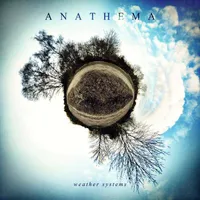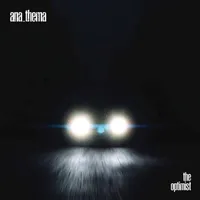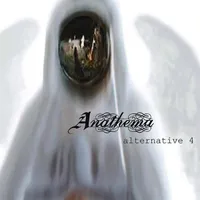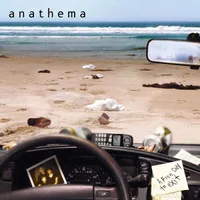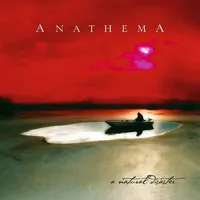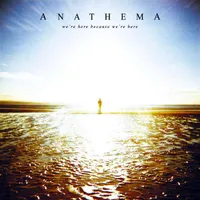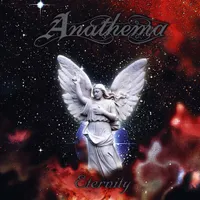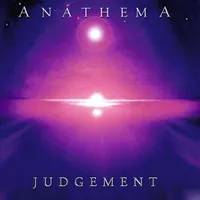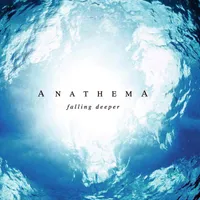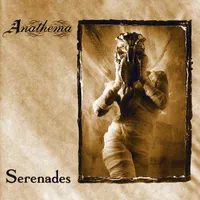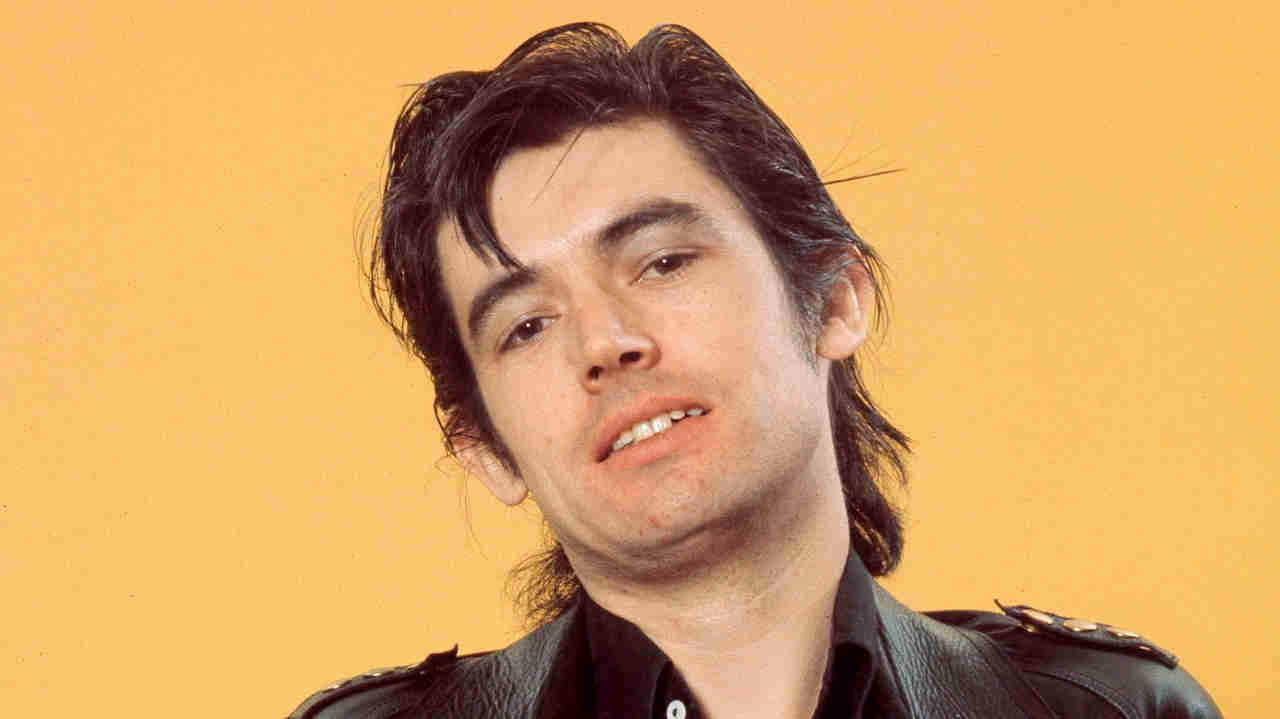"Not quite rock, not quite prog, not quite metal, but simultaneously a little and none of each": The Anathema albums you should definitely listen to
Hailed as heirs to classic Pink Floyd before their hiatus, much-missed Liverpudlian rockers Anathema had a unique, commanding catalogue
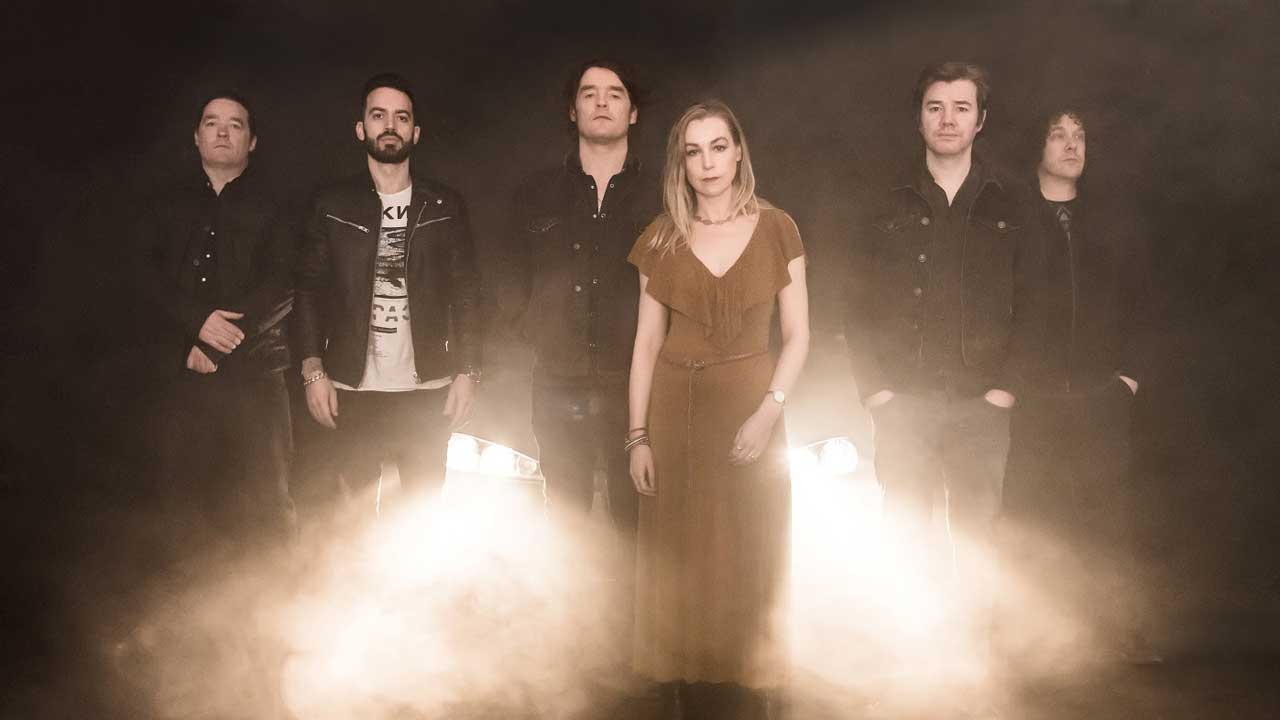
Of all the bands who emerged from the British underground metal scene at the start of the 90s – Paradise Lost, Cathedral, My Dying Bride – none wandered as far from their beginnings as Anathema. Back then, it would have been a brave soul who put money on this gang of growling Scousers with the irreligious name to undergo a series of reinventions that would ultimately end with them justifiably being able to lay claim to being legitimate heirs to classic, 70s-era Pink Floyd.
Formed in Liverpool in the late 80s by guitarist brothers Daniel and Vincent Cavanagh and their bass-playing sibling Jamie, plus drummer John Douglas and singer Darren White, they initially peddled guttural, goth-tinged doom metal. Early releases such as debut EP The Crestfallen were promising, even if the style of music they were playing came with its own in-built commercial and artistic limitations.
Things started to shift with the departure of White. Vincent Cavanagh stepped up to the microphone, and the band began to fold in influences from far beyond the metal scene: Floyd, of course, but also the Cavanagh brothers’ beloved Beatles, Radiohead, British folk, even dance music. If these unlikely inspirations weren’t always explicit in Anathema’s music, they certainly were in their increasingly adventurous spirit.
Not that it was an overnight transformation. Anathema’s journey was a series of small evolutionary shifts taking place gradually over successive albums. One major step change came with the addition of John Douglas’ vocalist sister Lee, who first appeared on 1999’s Judgement but only became a full-time member for 2010’s We’re Here Because We’re Here. Her rich, ethereal voice came to define the band’s sound as much as Vincent Cavanagh’s emotionally charged approach.
It wasn't always easy. Like so many brothers in bands before them, Vincent and Daniel Cavanagh’s relationship was fraught at times, something compounded by their turbulent upbringing and Daniel’s struggles with mental health issues.
Anathema almost survived. But in September 2020 they announced an indefinite hiatus, apparent victims of a year "like no others." At the time they stood as one of the finest British bands around – not quite rock, not quite prog, not quite metal, but simultaneously a little and none of each. Nobody, not even Anathema themselves, could have foreseen that.

Weather Systems (Kscope, 2012)
Anathema’s ninth album was the point where they really assumed the mantle of a modern day Pink Floyd. Musically and conceptually it’s as ambitious as anything Floyd produced in their heyday, but Anathema know what truly set their forebears apart was the white-hot nucleus of human emotion at its core.
And what emotion this possesses. Weather Systems charts a journey to the edge of death, through despair, fear and, ultimately, hope. Swooping opener Untouchable provides the framework, but The Storm Before The Calm provides the greatest existential wallop. By the end you’re exhausted at having been put through the emotional wringer.
There’s a Rizla’s breadth in quality separating 2014’s Distant Satellites and this follow-up. While the former span off into full-on banging electronic territory, The Optimist reeled things back in slightly. A sequel to 2001’s A Fine Day To Exit, it acts as a musical, metaphorical and physical journey, charting the progress of the titular Optimist as he seemingly pulls himself back from the brink of suicide.
It’s a record of shifting textures and moods, from the techno-rock of Leaving It Behind to the late-night jazz of Close Your Eyes. Best of all is closer Back To The Start; both uncharacteristically upbeat and the best song Anathema ever wrote.
Alternative 4 (Peaceville, 1998)
Four albums in, and Anathema had found themselves. The creases of 1996’s Eternity had been ironed out, supplanted by a sure-footed confidence and a sound that swapped the last thuds of blunt metal force for a grand gothic sweep. The band served up their first genuine classic with the violin-propelled Fragile Dreams, while Empty and the plaintive Lost Control aren’t far behind it.
The constant spectre of loneliness, depression and even suicide is almost overwhelming, and they would go on to refine the musical and lyrical themes further. But Alternative 4 would act as a roadmap for everything that came after.
A Fine Day To Exit (Music For Nations, 2001)
The enigmatic photograph on the cover of Anathema’s sixth album served final notice on anyone still clinging on to the notion that they were a metal band. Taking its cues from Radiohead’s OK Computer, it shared the Oxford band’s textured, cerebral approach, as well as the sense of modern existential dread – most notably in its bleak central concept of a man driven to the brink of suicide. But they could still floor the pedal when they needed to, as the crack of Panic showed.
In the end, A Fine Day To Exit didn’t turn them into the new Radiohead. But it did turn them into the new Anathema.
A Natural Disaster (Music For Nations, 2003)
The dark horse in the Anathema back catalogue, A Natural Disaster was a battleground for the two parts of the band’s identity. While it wasn’t quite a retreat to the old days, it skewed heavier and more abrasive than either Judgement or A Fine Day To Exit: the furious Pulled Under At 20000 Metres A Second was the closest thing they’d come to a metal song in half a decade.
But the ‘new’ Anathema ultimately asserted itself, not least on the beautifully plaintive Electricity. That struggle ultimately took something out the band – they wouldn’t record an album of new songs for another seven years.
We’re Here Because We’re Here (Kscope, 2010)
Anathema hadn’t been completely idle in the seven years between A Natural Disaster and this comeback album, but they had lost whatever momentum they had built. In many ways, that counted in their favour. We’re Here Because We’re Here acted as a reset on their career, allowing them to finally jettison everything they once were.
The presence of Steven Wilson as producer seemingly gave them a shot of confidence to do whatever they wanted. Thin Air spirals high on pure emotion, while the piano-led Dreaming Light echoes no one so much as Coldplay.
Vincent Cavanagh stepped up to the microphone for 1995’s The Silent Enigma after original growler Darren White bailed, but that album was effectively a holding pattern. Instead, their third album marked the point where Anathema began to emerge from the chrysalis, their transformation underway.
It’s not perfect – the band sound unsure as to whether they can get away with this, while Cavanagh strains for notes he can’t always reach. But Angelica is epic, while a fantastic cover of Roy Harper’s cult 1983 gem Hope gives a glimpse of what they’d really been listening to all this time. Truly the sound of things to come.
Judgement (Music For Nations, 1999)
If Alternative 4 externalised its turmoil, then this follow-up turned everything inwards. Sonically, Judgement was the lushest album Anathema had made to that point, but lyrically it couldn’t have been further from easy listening.
It was written in the wake of the death of the Cavanagh’s mother, an event seemingly addressed in the none-more-bleak Forgotten Hopes (opening lyrics: ‘Hey you, rotting in your alcoholic shell/Banging on the walls of your intoxicated mind’), and a sense of despair pervades its 13 tracks. Even the instrumental closer provided no happy ending, not least in its millennium-referencing title: 2000 And Gone.
The gulf between Anathema’s bludgeoning past and their graceful present was seemingly insurmountable, except no one told Anathema themselves. They had already given an acoustic overhaul to several of their mid90s tracks on 2008’s Hindsight, but that was a dry run for Falling Deeper.
Here, they delved back to their earliest days, refashioning the gothic-doom of their youth into expertly orchestrated mood-pieces that hover between the stark and the swooning. Hints of the original versions of Kingdom and We, The Gods remain, but you’d barely notice: this is such a radical reimagining as to be a different set of songs – not to mention a different band.
...and one to avoid
You can trust Louder
Every band has to begin somewhere, and Anathema’s birthing pool was the early 90s British underground metal scene. Their debut album is far from bad, just a world away from what the band would blossom into. The gargling Lovelorn Rhapsody is the sound of sullen Scouse malcontents hiding behind curtains of hair and gnarled riffs.
But peer between the cracks and you can see glimpses of the future: the crystalline J’ai Fait Une Promesse predicts the Cavanagh brothers’ career-long love of ethereal female vocals, while 23-minute ambient closing track Dreaming: The Romance is the sound of a band already pushing at the boundaries.
Sign up below to get the latest from Classic Rock, plus exclusive special offers, direct to your inbox!
Dave Everley has been writing about and occasionally humming along to music since the early 90s. During that time, he has been Deputy Editor on Kerrang! and Classic Rock, Associate Editor on Q magazine and staff writer/tea boy on Raw, not necessarily in that order. He has written for Metal Hammer, Louder, Prog, the Observer, Select, Mojo, the Evening Standard and the totally legendary Ultrakill. He is still waiting for Billy Gibbons to send him a bottle of hot sauce he was promised several years ago.
